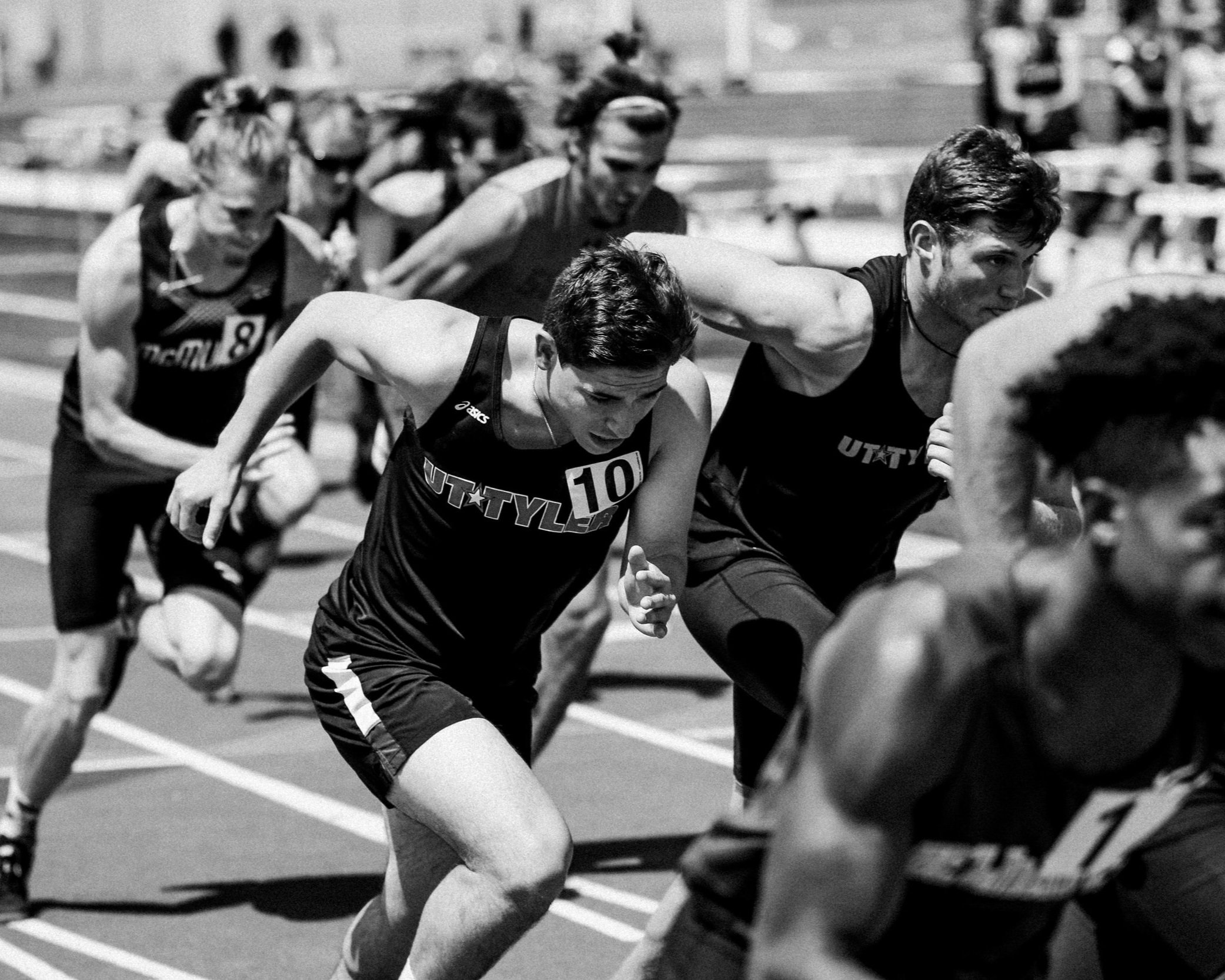Enhancing Athletic Performance through Optimized Sleep
Sleep Banking, which is extending sleep duration prior to competitions to compensate for potential sleep deficits, may provide an added edge as demonstrated in healthy young military service members.
The Importance of Sleep for Athletes:
Sleep is crucial for optimal athletic performance, cognitive function, and overall well-being. Insufficient sleep can impair these areas significantly.
Elite athletes, particularly those in high-demand sports, often experience less sleep and lower sleep quality than their non-athlete peers. In fact, 39.1% of collegiate athletes reported insufficient sleep (< 7 hours) by self-report, and 60.9% of collegiate athletes reported that they experience sleepiness or are severely fatigued during the day at least 3 days per week.
Impact of Sleep on Physical Performance:
Restricted or poor-quality sleep can decrease endurance, speed, accuracy, and overall physical performance. It can also affect metabolic and endocrine functions, which are crucial for athletic performance.
Impact of Sleep on Risk of Injury and Recovery:
Poor sleep increases the risk of injuries. Sleep is also critical for recovery post-injury, affecting how quickly and effectively an athlete can return to peak performance.
Mental Health and Cognitive Impacts of Sleep:
Sleep disturbances are associated with increased symptoms of anxiety and depression, which can further impact an athlete's performance and recovery.
Promoting good sleep hygiene is essential for maintaining mental health and resilience in high-pressure situations.
Sleep deprivation can lead to decreased vigilance, impaired decision-making, and reduced ability to learn new techniques or strategies.
Adequate sleep enhances memory consolidation, learning of new skills, and creative problem-solving abilities, all of which are essential for athletic strategizing and improvement.
Practical Tips for Maximizing Athletic Performance:
Change the culture around sleep. Sleep is a key performance enhancer. Lean into this fact.
Sleep extension and napping appear to have the most impact on improving athletic performance. Sleep Banking, which is extending sleep duration prior to competitions to compensate for potential sleep deficits, may provide an added edge as demonstrated in healthy young military service members.
Circadian Adjustments: Aligning sleep patterns and eating patterns with competition schedules, especially when traveling across time zones, to maintain peak performance.
Incorporate technological innovations: Utilizing devices like the FDA-cleared cardiopulmonary coupling technology to monitor and improve sleep quality through objective measurements. Sleep disorders such as Restless Legs Syndrome and Obstructive Sleep Apnea should absolutely be addressed by a trained professional.
Check out my interview with Dr. Jeff Durmer and his experience working with Olympic-level athletes incorporating new technology to optimize their sleep and circadian health at the following links: Buzzsprout, YouTube, Apple, & Spotify
When in doubt, talk to a Sleep Specialist!
